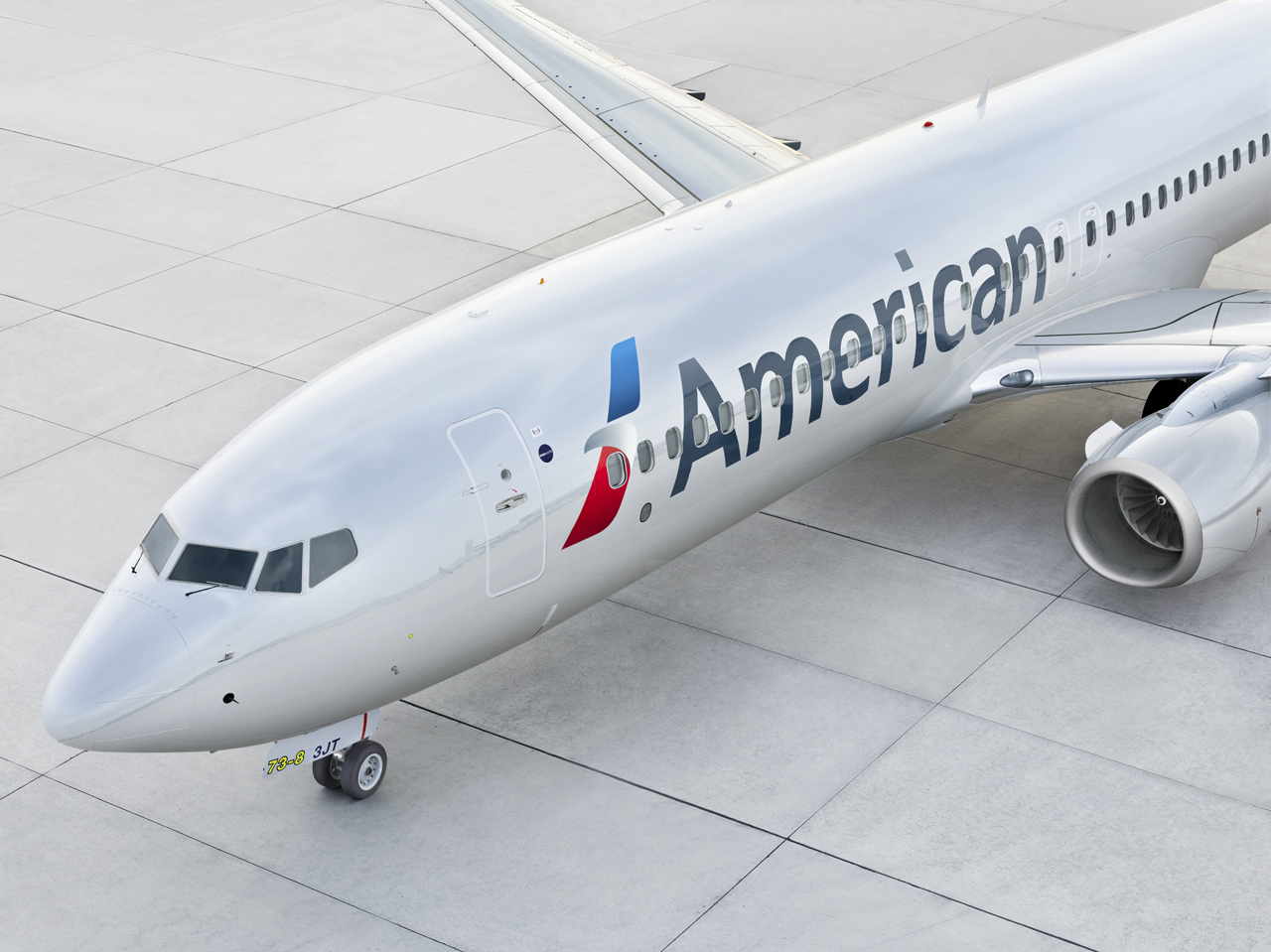
An ongoing dispute between American Airlines and the Association of Professional Flight Attendants (APFA) which represents over 27,000 flight attendants at one of the largest airlines in the world is showing potential to escalate to a whole new level. In a new communication to flight attendants, the union has said it is putting its members on “High Alert” as it fights to protect their interests.
The dispute, which has been simmering for some time now, is coming close to boiling point as executives at American finalise the integration of legacy American flight attendants with legacy U.S. Airways crew. The two airlines merged in 2013 but integrating the working practices of both workgroups has been anything but simple.
Scheduling system at center of row
One of the main issues surrounds a new scheduling system which APFA says is routinely breaching a contract the airline holds with its flight attendants. Problems include the way American is rostering flight attendants on reserve duty, respecting seniority and the how the preferential bidding system works.
Another cause for consternation amongst the airline’s flight attendant community is a new attendance management program which is meant to come into effect in October. As we previously reported, the points-based system will award a set number of points for things like absence, sickness and reporting late for a duty.
But in this case, points definitely don’t mean prizes – a flight attendant who acquires 10 or more points in a 12-month rolling period could face dismissal under the program.
The union says American has “disrespected” its hard-working and dedicated flight attendants with plans to introduce the program. Lorrie Bassani, APFA’s national president has filed a Presidential Grievance and is seeking arbitration to resolve the issue. She has told the airline to “cease and desist” in what she considers a continual breach of the flight attendant contract.
The new president of APFA means business
Bassani, a 32-year veteran as a flight attendant previously worked at American’s LAX base before being voted in as APFA’s president in June. She was voted in after the union’s last full-time president, Bob Ross decided to step down from his role at this years APFA Annual Convention.
Ross stepped aside so as not to “be a distraction” over concerns he hadn’t been particualry effective in his role. The presiding president, Nena Martin admitted that flight attendants were “angry” with some of the decisions the union had made on their behalf.
The appointment of Bassani could well have been strategic – a clear change in direction in how APFA negotiated with American and a message that the union and its members would be less forgiving for management proposals.
“Our first order of business is to unify our members to set the stage for successful contract negotiations,” Bassani commented in July, suggesting that negotiations could start as early as the end of this year.
Negotiations on new contract could start in December
“We are also facing unprecedented and monumental changes in scheduling and a new bidding system in a bankruptcy-negotiated contract,” she explained.
Since then, Bassani has wasted no time in making it known how much APFA disagree’s with American’s current work proposals. And that’s on top of the other issues facing American’s flight attendants at the moment.
Bassani is no stranger to the threat of strike action. In 2001, she was a key spokesperson for the union as it fought to secure a contract with American – at the time, the union threatened to go on strike which even saw speculation that the White House would step in to bar a walkout.
On the face of it, APFA is doing everything possible to avoid a strike but a line in the sand has definitely been drawn. How American now responds will be crucial.
Mateusz Maszczynski honed his skills as an international flight attendant at the most prominent airline in the Middle East and has been flying ever since... most recently for a well known European airline. Matt is passionate about the aviation industry and has become an expert in passenger experience and human-centric stories. Always keeping an ear close to the ground, Matt's industry insights, analysis and news coverage is frequently relied upon by some of the biggest names in journalism.







